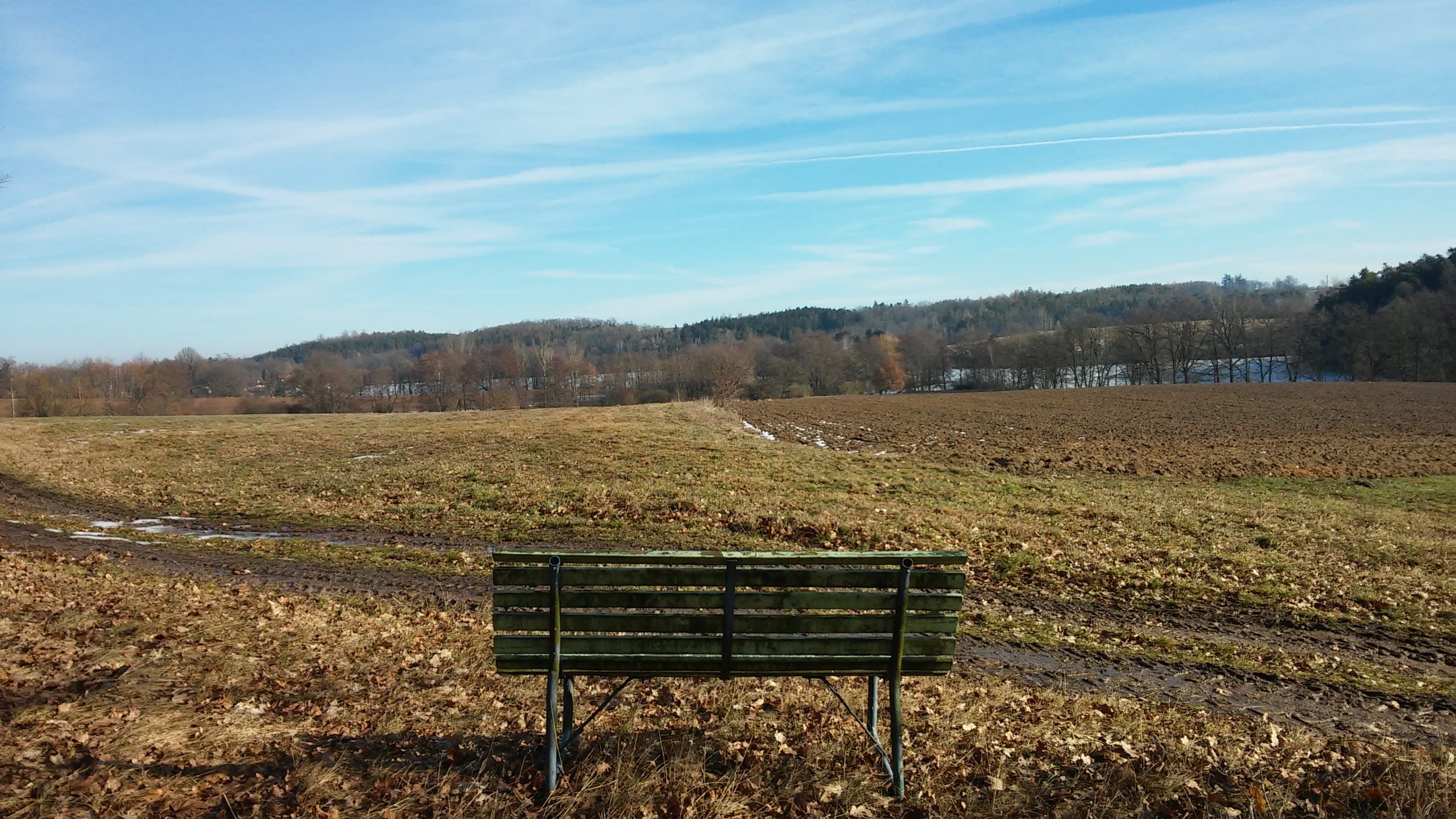A platform offering space for interdisciplinary exchange of ideas, opportunities for collaboration on projects with the cultural and creative industries, and discussion of the public role of the humanities and social sciences, including history.
Recently, humanities and social science researchers around the world have begun to ask questions arising from the conditions of life in the Anthropocene era.
We live in a time of multiple crises, including the climate crisis, the exceeding of planetary boundaries, ruptures and conflicts in civil society, and others. All of these have their roots in history, influence our current imagination, and will shape our future.
We may know the numbers, facts, and hard data, but human attitudes, behavior, and value hierarchies are variable.
Historical, social, and local conditions give rise to both uncertainty and ingrained patterns of thinking and behavior, which must be reflected upon from the perspective of the humanities and social sciences as tools for understanding and transforming the contemporary world.
The most pressing issue is the transformation and expected changes in the environment. We recognize that the environmental problems facing our global society involve issues of human behavior, beliefs, values, and structures. A critical approach to human-environment interactions in the past, present, and future is essential.
A research group for Environmental Humanities and History of Present was therefore established at the Faculty of Arts of Charles University, within the Institute of History. (Badatelská skupina pro environmentální humanitní vědy a dějiny přítomnosti).
We offer a space for exchanging opinions, collaborating on projects, and engaging in public discussion about the role of the humanities and social sciences.
Through scientific production and teaching, gradually establish and popularize the field of environmental humanities in Czech public life, not only in the academic sphere;
to support and develop interdisciplinary dialogue and research across disciplines at the Faculty of Arts of Charles University, as well as with other domestic and foreign institutions in the humanities, social sciences, and natural sciences;
Reach out to the public through lectures, seminars, and workshops, and contribute to the cultivation of civil society by popularizing our results and cooperation.
The group seeks inspiration from foreign centers for environmental humanities.
